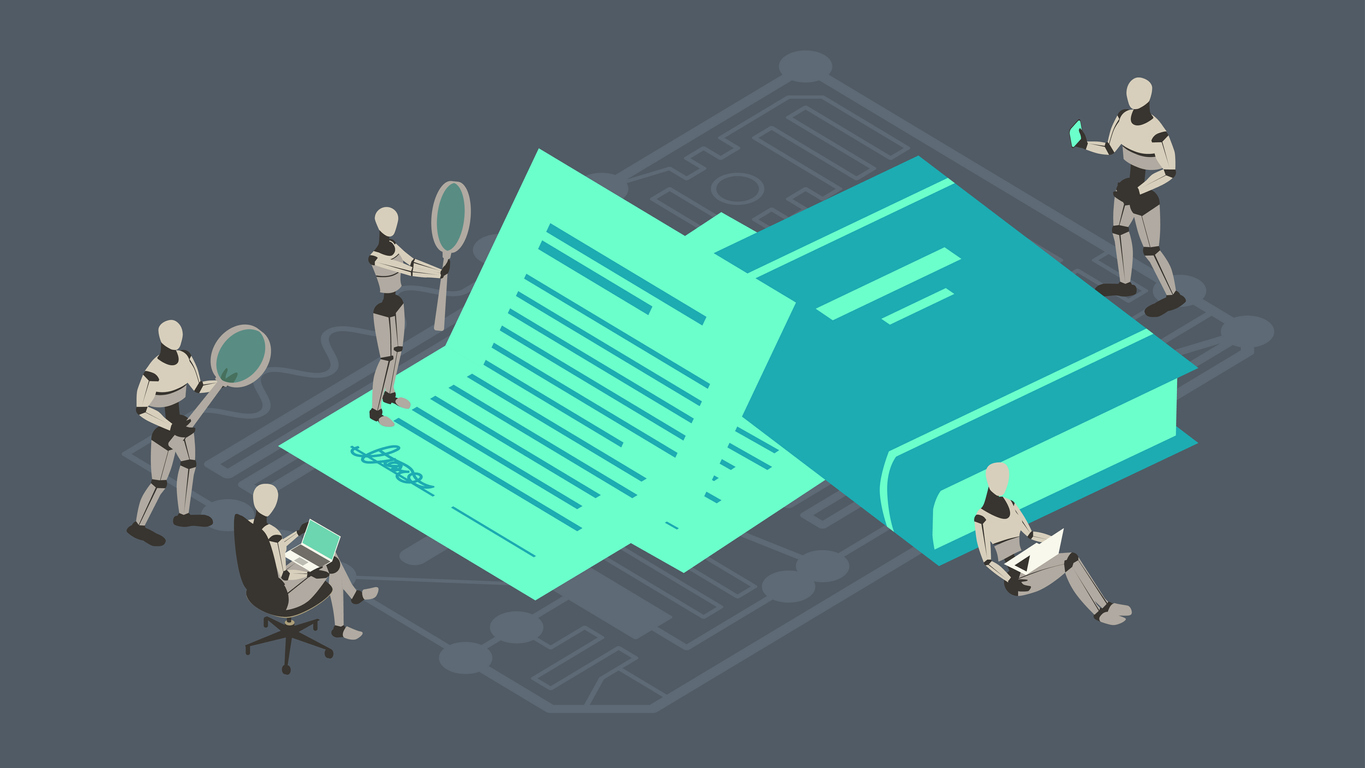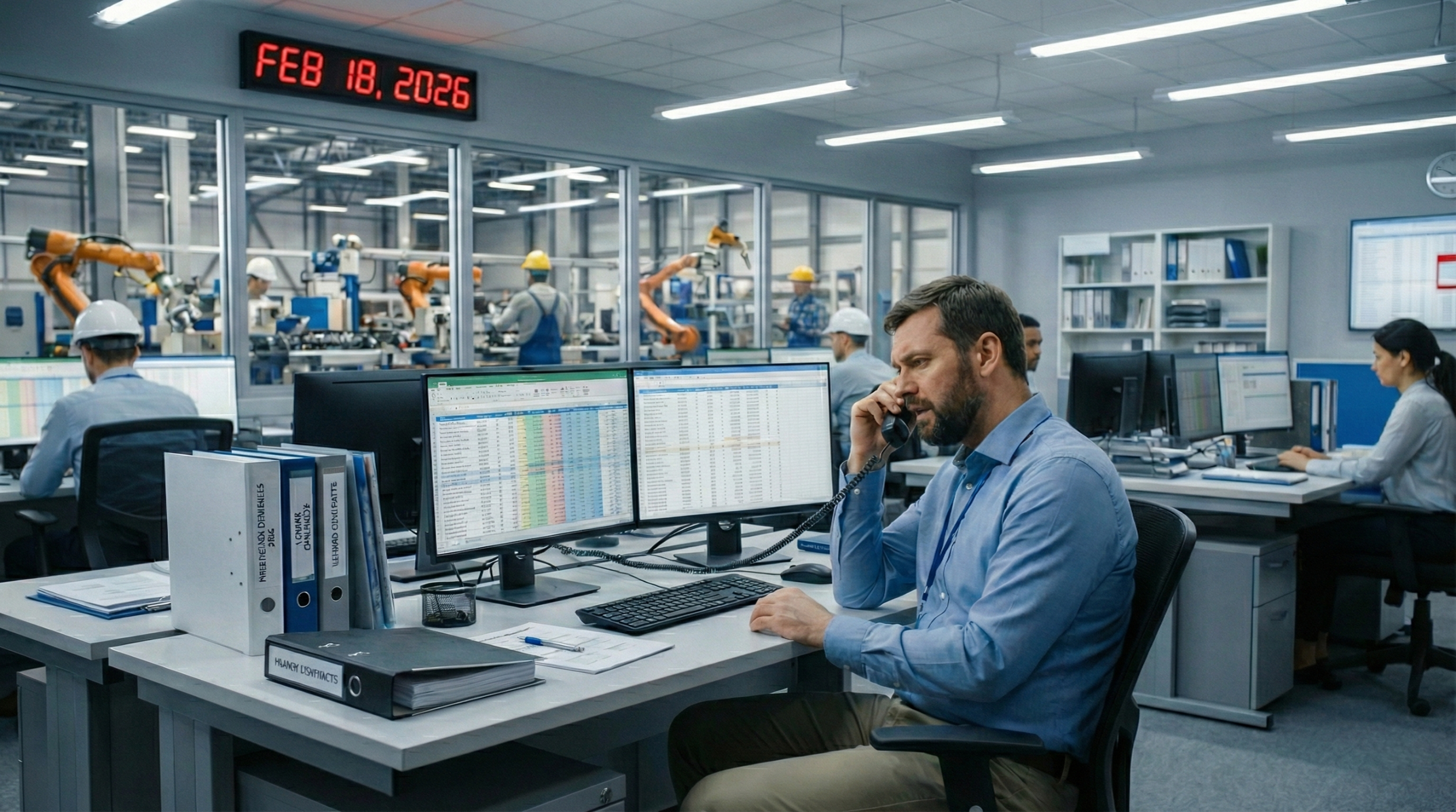In the intricate world of facilities management, contract writing has long been a time-consuming and complex task, often fraught with challenges that can hinder efficiency and escalate costs. However, the emergence of artificial intelligence (AI) brings a new era of possibilities for facilities managers seeking to streamline this critical process.
1. Streamlining Procurement Processes:
AI-driven contract writing tools play a pivotal role in revolutionizing procurement processes for facilities managers. By harnessing the power of natural language processing, these tools analyze existing contracts and swiftly extrapolate structures for new agreements, outpacing human capabilities. The result is a more efficient, accurate, and cost-effective approach to contract drafting.
2. Vendor Agreements Made Easy:
In addition to streamlining processes, AI aids in the creation, negotiation, and management of vendor agreements. Experts emphasize that AI ensures the accuracy and legally binding status of agreements while also swiftly identifying potential risks. This capability empowers facilities managers to navigate the intricacies of vendor agreements with ease, guaranteeing favorable terms that comply with legal standards.
3. Risk Assessment and Compliance:
AI’s ability to rapidly compare documents and flag potential issues is a game-changer in risk assessment. Facilities managers can now identify risks in the supply chain, such as delays or disruptions, with unprecedented speed and accuracy. Moreover, AI ensures compliance with industry regulations and standards, providing an added layer of security against legal issues.
4. Optimizing Inventory Management and Warehousing:
Contracts for the procurement of parts often include terms related to inventory levels, delivery schedules, and storage conditions. AI comes into play by optimizing warehousing and inventory management. By informing predictive analytics with past contract data, facilities managers gain valuable insights to maintain optimal inventory levels, reducing warehousing costs.
5. Efficiency and Cost Reduction:
Beyond the intricacies of contract writing, AI proves invaluable in reducing the manual workload for facilities managers. By automating contract writing, AI allows professionals to focus on more strategic aspects of parts management. The efficiency gains extend to cost-effective procurement strategies, as AI identifies the best suppliers and negotiates favorable terms, ultimately impacting the organization’s bottom line positively.
Despite the undeniable advantages, it’s essential to acknowledge the limitations of AI. While it lacks human judgment and may be susceptible to logical errors, appropriate monitoring and oversight are critical to mitigating potential mistakes. AI serves as a powerful assistive technology, offering indispensable support without fully replacing lawyer-drafted agreements, especially in complex deals.
For a deeper dive into the realm of Contract Automation, ConnexFM’s featured article showcases insights from SDI’s Director of Digital Supply Chain Transformation, John Delligatti. Discover how facilities managers can leverage AI to streamline contract writing, ushering in a new era of efficiency and effectiveness in the ever-evolving landscape of facilities management.



